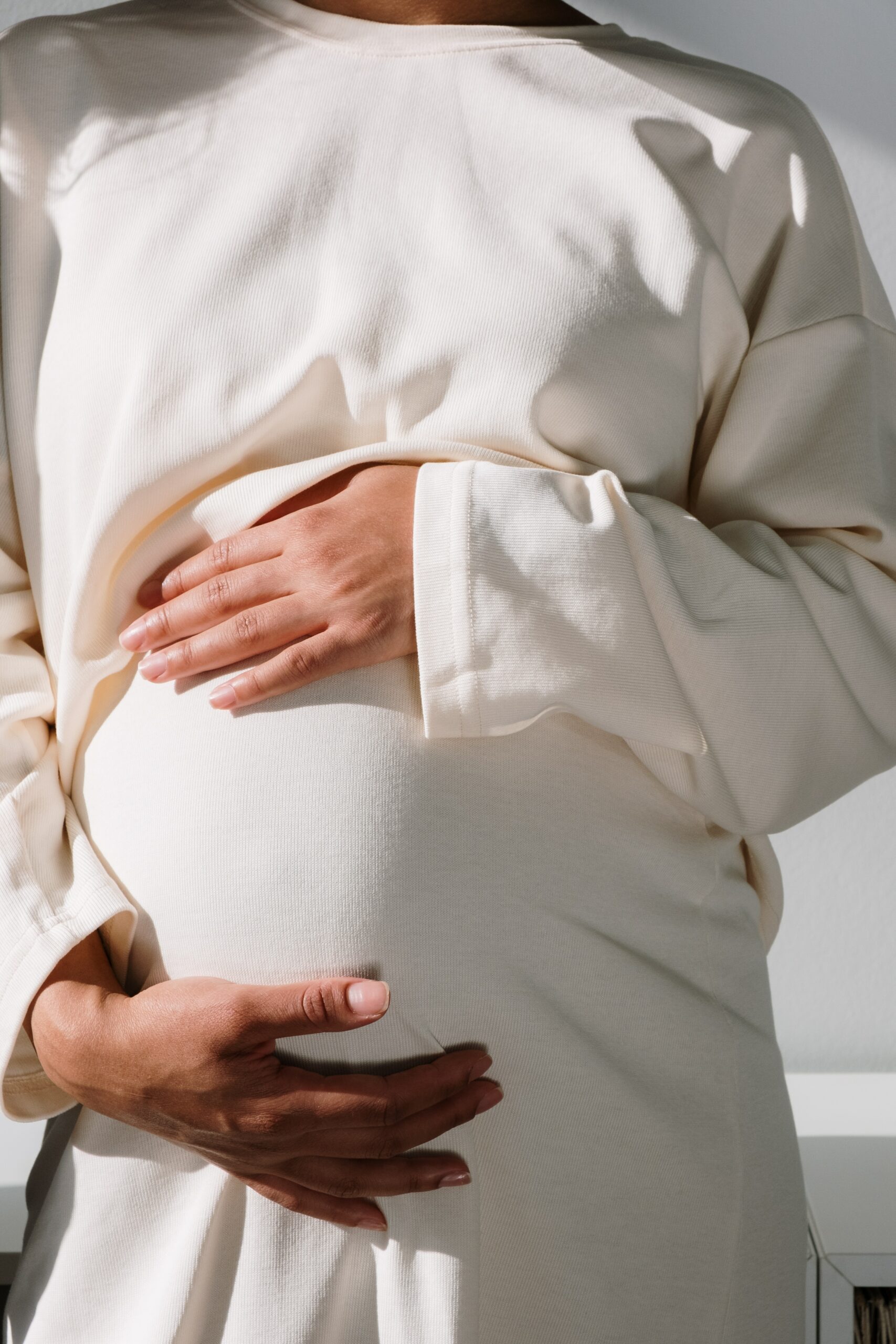Your mental health is always important. It is also very important to pay attention to your mental health during your pregnancy and after. What is maternal mental health exactly? Maternal mental health refers to the emotional well-being and psychological state of women during pregnancy and in the postpartum period. It encompasses the mental health issues that can arise during this time, including mood disorders, anxiety disorders, and other psychological difficulties.
Maternal Mental Health Disorders
Pregnancy and childbirth can bring about significant changes in a woman’s life, both physically and emotionally. Hormonal fluctuations, sleep deprivation, stress, and adjusting to the demands of motherhood can all contribute to the development or exacerbation of mental health conditions. Some common maternal mental health disorders include:
- Postpartum depression (PPD): PPD is a mood disorder characterized by feelings of sadness, hopelessness, and a loss of interest in daily activities. It can occur in the weeks or months following childbirth and affects approximately 10-15% of women.
- Postpartum anxiety: This involves excessive worry, restlessness, and an inability to relax, often accompanied by physical symptoms such as rapid heartbeat or shortness of breath. Postpartum anxiety affects around 10% of new mothers.
- Postpartum obsessive-compulsive disorder (OCD): Women with postpartum OCD experience intrusive and distressing thoughts or images, often related to harm coming to themselves or their baby. They may engage in repetitive behaviors or rituals to alleviate anxiety.
- Postpartum post-traumatic stress disorder (PTSD): This can develop after a traumatic childbirth experience, such as a complicated delivery or emergency medical interventions. Symptoms may include flashbacks, nightmares, hypervigilance, and avoidance of reminders of the trauma.
- Postpartum psychosis: Although rare, postpartum psychosis is a severe mental health condition that requires immediate medical attention. Women with postpartum psychosis may experience hallucinations, delusions, confusion, and disorganized behavior. It is considered a psychiatric emergency.
Maternal mental health is crucial because it not only impacts the well-being of the mother but also affects her ability to care for her baby and establish a healthy parent-child bond. Recognizing and addressing these mental health issues early is important to ensure appropriate support and treatment. You are not alone, talk openly to your family and/or friends about any issues you may be experiencing.
Treatment options for maternal mental health disorders may include therapy, medication, support groups, lifestyle changes, and social support. It is essential for women to reach out to healthcare providers, such as obstetricians, midwives, or mental health professionals, for assessment and appropriate intervention.
If you believe you may have some of these signs or symptoms be sure to call for a consultation. Here at GYN Women’s Centre of Lakewood Ranch, we are here to answer any questions or concerns you may have.




